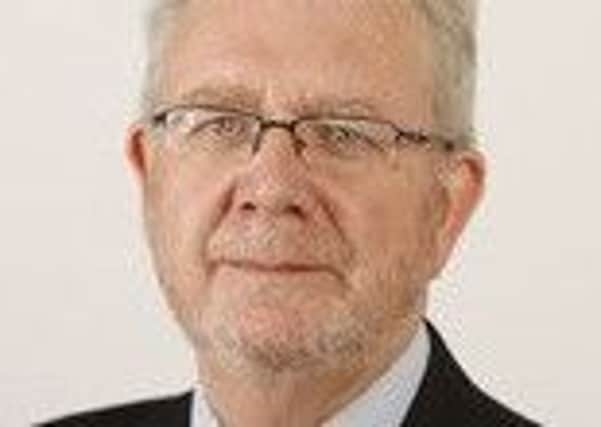Would you speak for Falkirk in a Scottish Citizens’ Assembly?


Some of those chosen could easily be local, as the members will be selected from across the country, and they’re to be “broadly representative” in terms of age, gender, socio-economic class, ethnic group and political attitudes.
Politicians and public appointees, their staff, and senior civil servants, won’t be involved - it’s clearly aimed at normal everyday citizens who aren’t involved in national or local government.
But what is it for?
Advertisement
Hide AdAdvertisement
Hide AdThe Assembly members will consider three main issues - what kind of country Scotland should be, how it can best overcome challenges, including those arising from Brexit; and what further work is needed to enable people to make informed choices about Scotland’s future.
Constitutional Relations Secretary Michael Russell said: “This is the first time a Citizens’ Assembly has been used in Scotland and will bring together a wide range of ordinary people from across our country in a genuine attempt to reach consensus on the issues that we face.
“Similar models have been used successfully in countries including Ireland, Canada, Australia and Poland.
“It is a bold idea and one I hope everyone, whatever their political view, can embrace.
Advertisement
Hide AdAdvertisement
Hide Ad“I believe we all want the best for Scotland and if we have learnt anything from Brexit it is the need to make space for people to engage with information and to exchange different views.”
Meanwhile the Scottish Government aims to establish “a legal framework providing the option for a referendum” while beginning “cross party talks to identify areas of agreement on constitutional change”.
Assembly members will be given £200 per weekend, and where needed travel, accommodation and “other reasonable costs” - for example childcare - will be covered.
Those chosen will be identified by early September, and the Assembly will meet on six weekends between the autumn and Spring 2020.